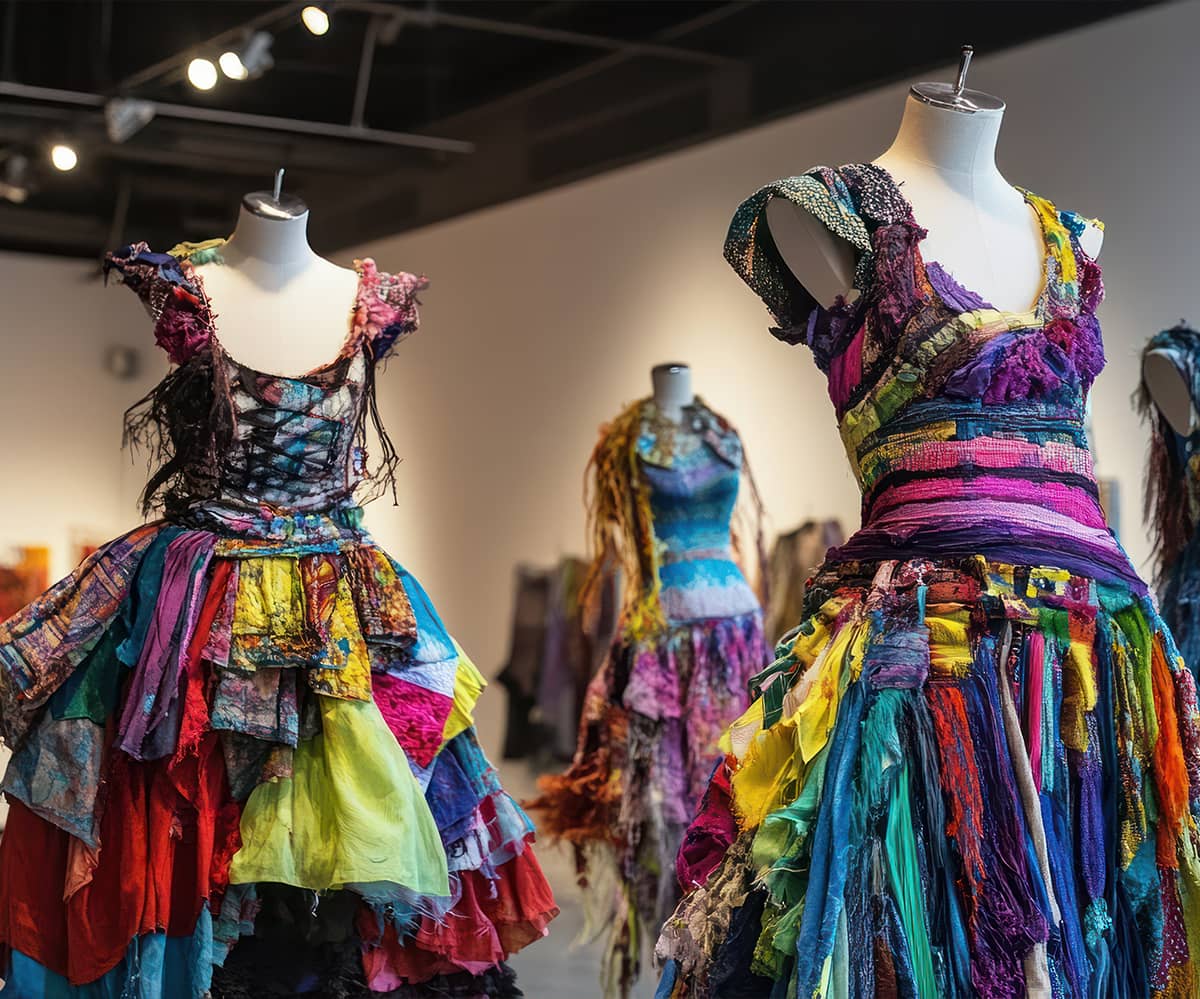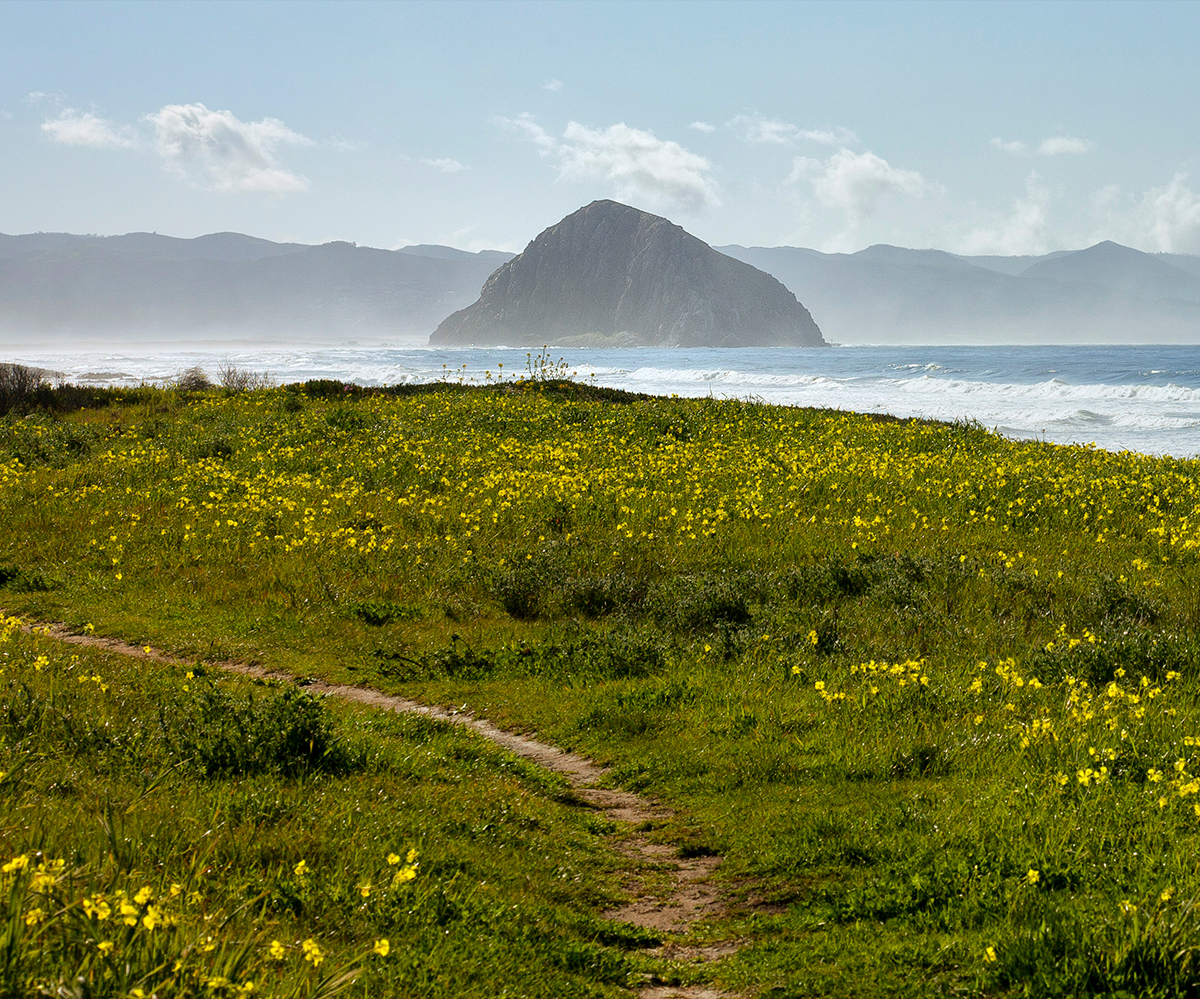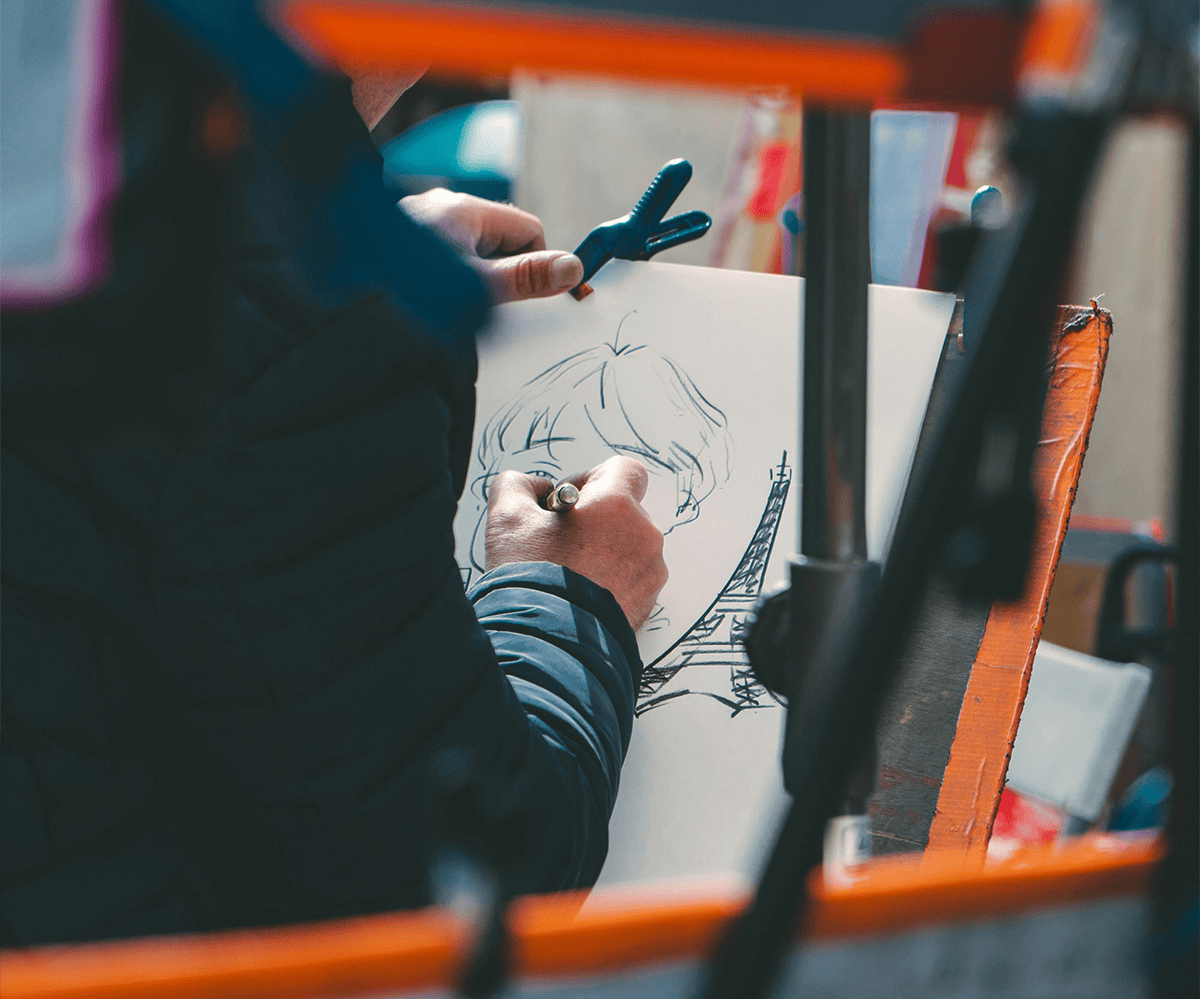Mastering the Art of Oil Painting: Unveiling the Secrets of the Masters
Oil painting is a timeless art form that has mesmerized and captivated art enthusiasts for centuries. From the ethereal portraits of the Renaissance to the vivid landscapes of the Impressionists, oil painting has left an indelible mark on the world of art. If you’ve ever dreamt of mastering the intricate craft of oil painting, you’re in for an enchanting journey of creativity and skill development. In this article, we will explore the key steps to unlock your potential and become a true maestro of oil painting.
1. Choose the Right Materials:
Before embarking on your oil painting journey, it’s essential to select the right materials. Quality matters here. Invest in high-grade oil paints, brushes, and canvases. Pay attention to the different types of brushes available, as they greatly affect your painting technique. Opt for a palette that suits your style, and don’t forget to get odorless solvents and mediums for blending and thinning your paints.
2. Learn the Fundamentals:
Every great artist started with the basics. Begin by mastering fundamental techniques such as color mixing, brushwork, and texture creation. Understanding color theory, from the color wheel to temperature and value, is crucial for achieving desired effects in your paintings. Practice these techniques regularly to build a strong foundation.
3. Patience and Layering:
Oil painting requires patience, as layers of paint need to dry before adding subsequent ones. Embrace this slow-drying aspect of oils to your advantage. Build depth and luminosity by layering colors and experimenting with different opacity levels. Remember, each layer tells a story, and the accumulation of layers can produce breathtaking results.
4. Experiment with Different Styles:
As you gain confidence in your technique, don’t shy away from experimenting with different styles and approaches. Whether you’re drawn to realism, impressionism, or abstraction, exploring various styles will help you find your unique artistic voice. Take inspiration from the masters but add your own twist to create something truly distinctive.
5. Composition and Balance:
A well-composed painting can elevate your work to a whole new level. Learn about the principles of composition, including balance, contrast, and focal points. Sketch out your ideas and compositions before diving into the canvas to ensure your vision is clear. A strong composition can speak volumes and engage viewers on a deeper level.
6. Study the Masters:
Art history is your greatest teacher. Study the works of renowned oil painters, both past and present. Analyze their techniques, brushwork, and use of color. Visit art museums and galleries to see these masterpieces up close. This immersion in the world of art will provide invaluable insights and inspire your own creativity.




